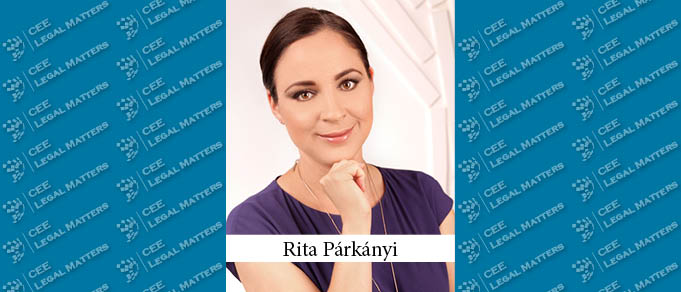The Hungarian Parliament has started the discussion of the bill that is implementing the provisions of Directive (EU) 2018/1808 of the European Parliament and of the Council of 14 November 2018 (Audiovisual Media Services Directive) (the “Directive”). According to the Directive, Member States must ensure their compliance with the Directive by 19 September 2020.
The Directive is reflecting to the technical developments that allowed for new types of services and user experiences to change viewing habits, which resulted in the fact that the European legislator extended the scope of the Directive to media service providers as well. By this extensions, the EU acknowledged the growing importance of online services in the consumption of media content and the need for intermediary service providers to be liable for third party contents (changing their previous passive role).
The Hungarian legislator intends to incorporate the implementing provisions in the Act on Electronic Commerce and on Information Society Services, thus, the provisions applicable for the same types of service providers and services can be found in the same act. The bill contains provisions (i) on the obligation of the competent national regulatory authority (who is the National Media and Infocommunications Authority) to keep an up-to date record on media service providers (notification requirement of the service providers), as well as (ii) the framework of the media service providers’ obligations (e.g. provisions on its commercial communications, provisions protecting minors etc.). The competent regulatory authority can control the compliance of media service providers with the provisions of the applicable laws. The proposal also contains the possible legal consequences applicable in case of violation of the law.
In addition to the above, the proposal also creates the framework and conditions of self- and co-regulation in the context of media service providers and involves professional self-regulatory organisations and alternative dispute resolution forums in the framework of regulation and legal enforcement.
By Rita Parkanyi, Partner, KCG Partners Law Firm
